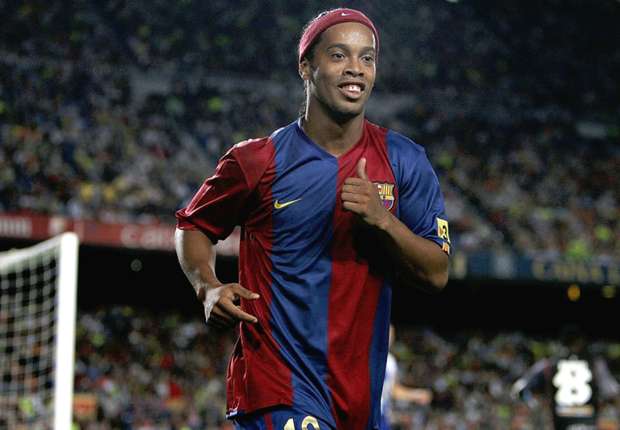El crack brasileño la rompió en un clásico entre Barcelona y Real Madrid, que los culés ganaron 3-0, y logró que el Santiago Bernabéu lo aplaudiera.
Hay libros enteros que se dedican a explicar la rivalidad entre Real Madrid y Barcelona. Hay, según susurran los mitos, hasta un conflicto en la realeza española por tener infiltrado, dentro, un culé. Hay una investigación que duele en el alma, del periodista Juan Carlos Pasamontes, donde se revela que a los blancos los fundo Carlos Padrós Rubió, un catalán. Hay un partido tan eufórico, un 1 de noviembre, tras la guerra, que salió 5-5 y terminó con la destitución de los dos presidentes de los clubes y la llegada de Santiago Bernabéu a la presidencia de los realistas. Iker Casillas y Xavi Hernández, líderes de la España campeona del Mundial 2010 y de las Eurocopa de 2008 y 2012, dejaron de hablarse en el momento de los estallidos de los clásicos entre Mourinho y Guardiola. En los bares de la capital y de Catalunya, cuando juega el otro, la gente se junta a verlo para desearle mala suerte y festejar si el milagro se da y pierden. Todo eso pasa, pero un día no. Porque el 19 de noviembre de 2005, el ser menos pensado consiguió una tregua.
La escena pareció graficada por un especialista en armar pinturas históricas. Sergio Ramos, Iván Helguera y Casillas, tres madridistas símbolos de la Casa Blanca de Europa, fueron los apuñalados por ese torrente de talento. Aunque, para este clásico, no necesariamente importa la carta de nacimiento: Mourinho fue Madrid, aunque no nació ahí; Messi es Barcelona, aunque nació en Rosario; Ladislao Kubala fue un símbolo, aunque nació en Budapest; Alfredo di Stéfano fue más que un símbolo, aunque nació en Buenos Aires. Pero ese día los tres madridistas estaban ahí, mirando una escena que parecía salida de un cuento. En el Santiago Bernabéu, un brasileño nacido en Porto Alegre, con una sonrisa pronunciada en los botines y edificada en una dentadura gigante, estaba haciendo que la historia, por un rato, dejara de ser historia.
Aquella tarde noche, ni los fantasmas de los reyes de Castilla ni la memoria del escritor Féliz de Azúa -uno de los fundadores de Ciutadans de Catalunya- pudieron impedir que Ronaldinho fuera Ronaldinho. Aquella vez, Barcelona ganó 3-0, apabullando a su rival. Aunque decir Barcelona, también, es una exageración: Ronaldinho, que marcó dos goles criados en la imaginación de algún dios griego, ganó. Hizo dos golazos. Era la base del equipo que terminó ganando la Champions League 2005-2006, con un Lionel Messi que empezaba a consolidarse como figura.
Pero eso no es todo. Porque lo que quedó grabado para siempre de aquella vez no fue el talento de Ronaldinho. No, aunque fue una maravilla, esa no es la historia que quedó marcada. Aquella noche, tras su segundo tanto, desplumados de orgullo, conquistados por tanta magia, como si fuera un cuento de realismo mágico pensado por Gabriel García Márquez, pero no mágico, los hinchas de Real Madrid empezaron a aplaudir, de locales, a Ronaldinho. Todos, por un rato, celebraron lo mismo. Ronaldinho fue la tregua.

